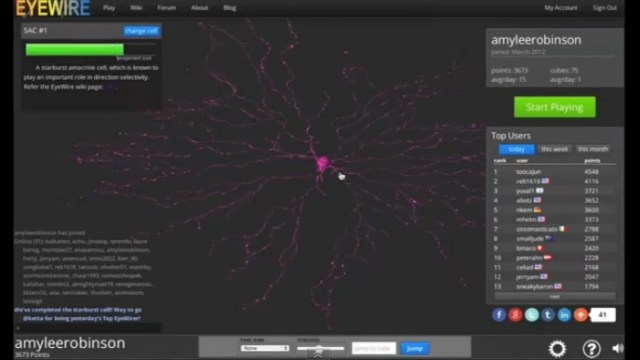We Need to Scare Our Kids Into Programming, or Else They Will Be Programmed

We need to teach our kids programming because if we don’t, in a generation, we are going to be surpassed by these other places. You know, already, militarily, for example, you know, we are weak. We are weak. I mean, I believe at this point, China, if they choose to could take down our banking system. I mean, they’re not going to choose to because we owe them so much money they don’t want it to go away. But if we were in a war, it would be so easy. It would be so easy.
You know, I feel like my banking, you know, it’s secure from your garden variety hacker, they can’t just get into your Chase account, but in a war situation, I mean, gosh. Especially when poor Microsoft, but you know, Microsoft defectively lobbied the Defense Department you know and the Pentagon that our military would be forced to use their technology so the military is not allowed to improve upon the security of the operating systems that they use. They wanted to go to Linux, but Congress wouldn’t let them. That’s really scary, especially when potential enemies have access to the source code or developing the source code for the things that we are using.
I mean the great thing about it is it forces America into a peaceful world. In other words, we need the world to be peaceful because we have no defense any more because they’ll take us down. But the liability of living in a world where we don’t understand how our programming works is that everything that’s built on that programming can be taken away from us by whoever does understand programming.
So the easiest way to get Americans, in particular, onboard programming is by frightening the bejesus out of them. Is by letting them see that, oh I get it, militarily, economically, and in terms of innovation, we’re falling behind the rest of the world. We have nothing to offer other than the bread basket or our minerals. So we need to be a developing nation, a third world nation where we just give our resources to the higher nations or we need to educate ourselves.
In a more practical, tangible way for adults right now, the easiest thing to do is just to start looking at the way that the programs and interfaces you use make you feel. So if I were talking to educators, say. Most educators use a program; they have to, called Blackboard. It’s what organizes most universities. And there’s all these times when one is using Blackboard when you feel, ugh, this is a terrible feature, why are they making me do this? God they really are incompetent. You have to flip your thinking and say, no, no, no. This is not their incompetence; I’m being made to do this because this is what the program wants. This is what the program is using. This what the program really does.
So under the guise of serving certain needs that you have for your class, this program, this system, is actually doing something else. So when you understand what it’s for, you can use it much more easily. So if a kid understands Facebook isn’t here to help me make friends, Facebook is here to monetize my relationships. Once they understand that, then they can choose how to use it. Then the logic of how that whole world is working seems to make sense. It’s not that this is an obstacle; it’s that this is a program. Now, once you get that, you can much more effectively choose what programs you want to use for what purposes.
In Their Own Words is recorded in Big Think’s studio.
Image courtesy of Shutterstock





